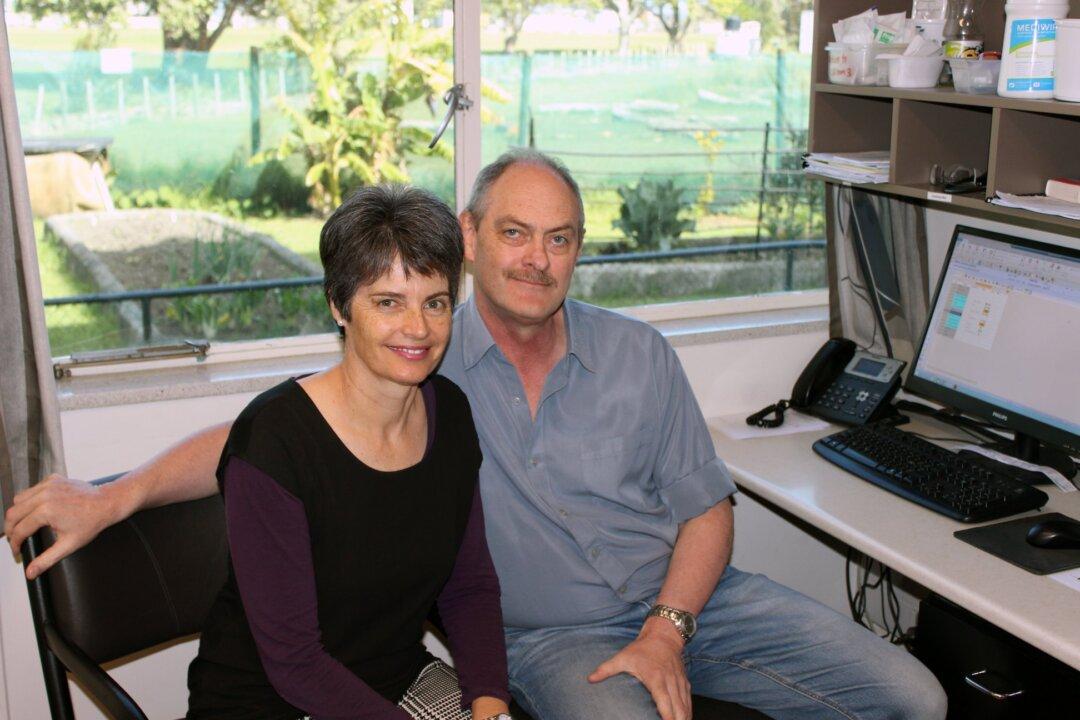A doctor in the small North Island town of Kaitāia may leave after 35 years, having been left with no option but to sell his property at a loss after it was occupied by a local iwi (Māori tribe), exacerbating the critical shortage of doctors in the area.
The dispute centres on a culturally significant pōhutukawa tree, also known as a New Zealand Christmas tree, situated on the property.





